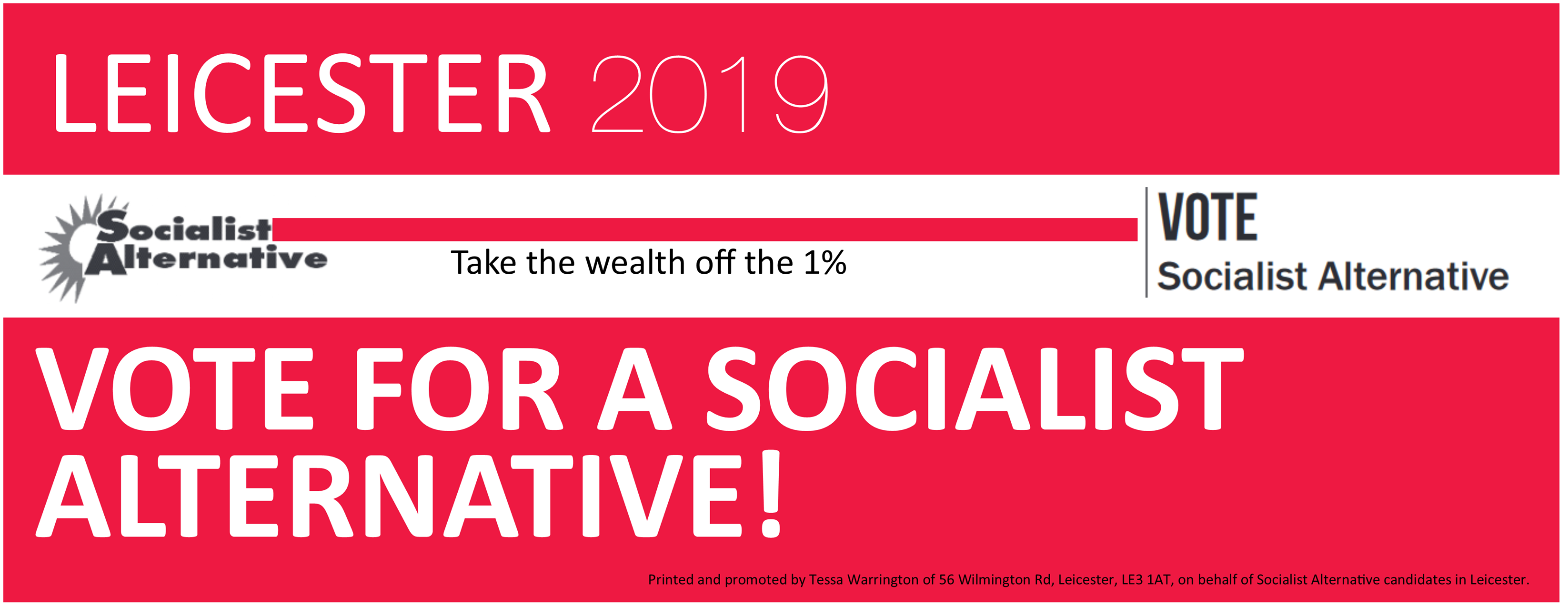Police and council require great criticism, not credit
On June 11, 2012, the Network for Police Monitoring (Netpol) held a
meeting at the Highfields Community Centre to mark the publication of
their enlightening and critical report on the (mis)policing of the sad day
that the English Defence League were allowed (most notably by Sir Peter Soulsby) to march triumphantly through the centre of Leicester.
Although the meeting was well-attended, there was a marked absence of any
local politicians, with apologies coming from likes of New Labour
acolytes, Patrick Kitterick and Jonathan Ashworth. The day after the event
however, Sir Peter Soulsby, made this statement to the Leicester Mercury:
“I don’t know who Netpol is, but they don’t speak for any local people I
know.”
Indeed, Sir Peter is quite right, Netpol most probably do not speak for
the mayor or his close friends. Sir Peter of course being the individual
who rewarded the EDL for their previous displays of extreme violence by
allowing them the freedom to march right though Leicester’s city centre.
In the same Leicester Mercury report Chief Superintendent Rob Nixon
boasted: “There were no arrests made as a direct result of the marches and
no damage to property…” As one might expect, no mention was made of
peaceful counter-protestors being beaten by the police with batons, or of
a police dog ripping into human flesh; clearly damage to humans is no real
matter of concern for Mr Nixon, only damage to property!
A follow-on report from the Leicester Mercury is clear in it’s unswerving
defence of the police, leading with the headline, “Police merit great
credit, not criticism.”
Apparently, “The strategy the police adopted was straightforward: to keep
the two groups of protesters apart.”
This is true in some (limited) sense, as the EDL were allowed freedom of
the city, while the people of Leicester — who were rightly outraged at
the turn of events — were harassed by the police and physically prevented
from moving around their city. As the Netpol report makes clear: “The
police were perceived as imposing a form of ‘lockdown’ as they effectively
designated the entire city centre as a ‘no-go zone’ for Muslim youth.”
So while the EDL were positively encouraged to express their racist and
anti-Islamic “freedom of speech,” every effort was taken by the police and
council to ensure that their opponents did not have the same opportunity.
On this score, prior to the event some 20,000 leaflets were distributed in
Leicester to “dissuade local people from engaging with or taking part in
lawful marches and assemblies”. Distributed “to all households of school
age children” in Leicester these leaflets “gave a strong impression that
attendance at this event could result in some form of police or criminal
record.”
Disturbingly, Netpol observed that the leaflet jointly written by the police and council reported: “There may be people who will try to get you involved in the event on 4th February. They are doing this for themselves, not for you.”
Netpol note that council funding was also used to initiate events that
would distract youth from participating in counter EDL demonstrations;
while “Volunteers from the Young Peoples Council and Young Advisors were
also engaged in promoting messages from the police and city council
through social media.”
If the police and the council’s role in welcoming the EDL to Leicester was
not bad enough their concerted efforts to undermine political organizing
against the EDL is damming. The Socialist Party thus welcome the
publication of Netpol’s timely report and join them in demanding that a
truly independent investigation be launched into the policing of the day
that Sir Peter Soulsby welcomed the EDL to Leicester.


